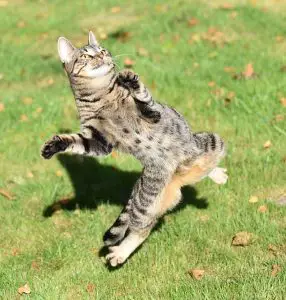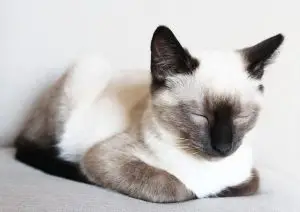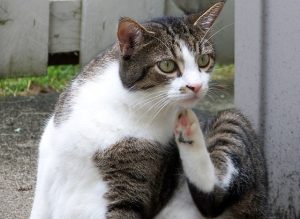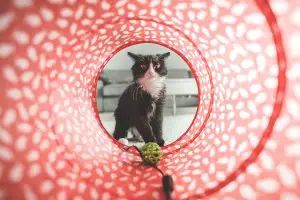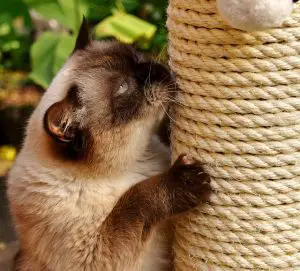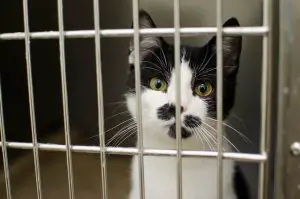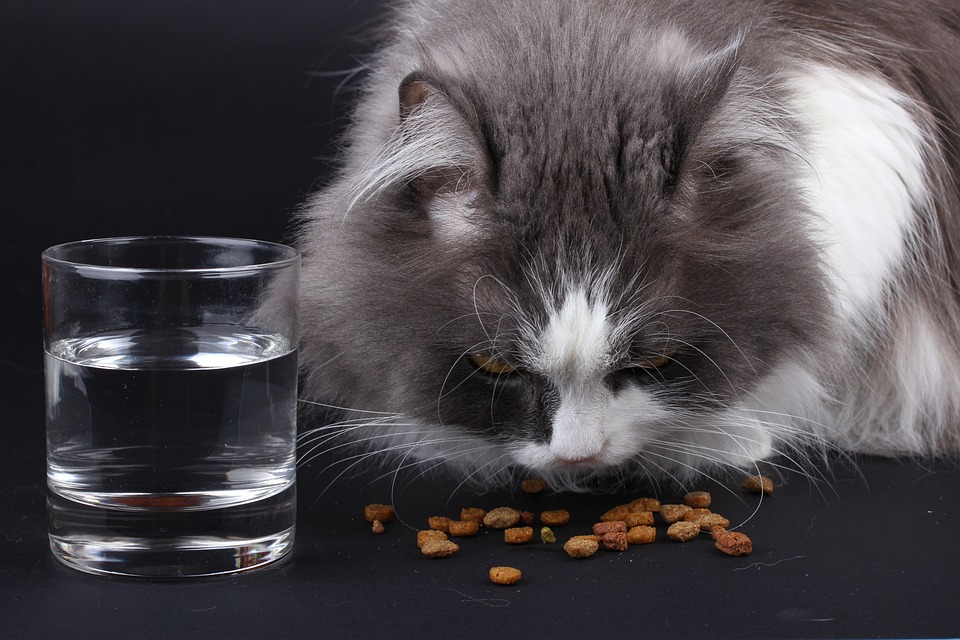
Feline Nutrition: Understanding What Your Cat Really Needs for a Healthy Life
Introduction
As a cat owner, one of your responsibilities is ensuring the nutritional health of your beloved feline friend. However, understanding the ins and outs of feline nutrition can be a daunting task. This comprehensive guide aims to demystify feline nutrition to help you provide the best nutrition possible for your cat’s healthy life.
Understanding Feline Biology and Nutrition
Unlike humans who are omnivores, cats are obligate carnivores. This means they require certain nutrients found only in animal meat. These include protein, taurine, vitamins A and B1, and fatty acids – all of which play a crucial role in maintaining a cat’s overall health.
Protein
Protein is vital for growth, maintenance, and repair of tissues in the body. It also aids in the creation of antibodies to fight off infections and diseases. A protein deficiency in a cat’s diet can lead to growth problems, muscle loss, weakened immune system, and other health issues.
Taurine
Taurine is an essential amino acid for cats that aids in fat digestion and the function of the heart and eyes. Unlike humans and dogs, cats cannot synthesize taurine by themselves and must obtain it from their diet. Taurine deficiency can lead to severe health issues like cardiomyopathy and blindness.
Vitamins and Fatty Acids
Vitamins A and B1 and certain fatty acids, like arachidonic acid, are also vital for cats. They aid in vision, neurological performance, immune function, and skin and coat health. These are found only in animal-based food sources.
Choosing the Right Food
Feeding your cat a balanced diet can be achieved through commercially-prepared cat food or homemade meals. Either way, it’s important to ensure that their diet meets their nutritional needs.
Commercial Cat Food
When choosing cat food, look for those labeled as ‘complete and balanced’ by the Association of American Feed Control Officials (AAFCO). It ensures the food meets the minimum nutritional requirements. Read the ingredients list and ensure that the primary ingredients are animal-based.
Homemade Cat Meals
Preparing homemade cat meals can be a good option as long as they are nutritionally balanced. Consult a pet nutritionist or a vet to help plan your kitty’s meals.
Considerations for Kittens, Adults, and Older Cats
Cats at different life stages have varying nutritional needs. Kittens require more calories and protein for healthy growth, while adult cats require maintenance nutrition. Older cats may have specific dietary needs relating to chronic conditions or decreased activity.
Conclusion
Understanding feline nutrition is essential to keep your cat healthy and happy. Make sure they get a balanced diet filled with the essential nutrients they need. If in doubt, always consult your veterinarian or pet nutritionist for expert advice.
Takeaway
Feeding your cat appropriately is not just about choosing the right food. It’s about understanding their unique biological needs and specific nutritional requirements. Once you get the hang of it, providing the right nutrition for your feline friend will seem like second nature.
